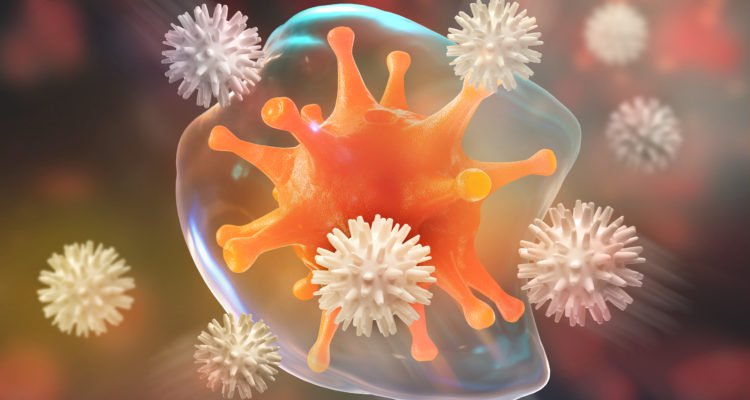The project marks “a real breakthrough in the field of antibiotic resistance,” according to Prof. Varda Shalev of Maccabi.
By World Israel News Staff
Technology developed by the Technion and Maccabi Health Care Services “is expected to improve and make more efficient” administering antibiotic treatments, according to a joint statement issued Thursday. The technology was presented in a study published in Nature Medicine magazine.
“The use of antibiotics globally is extensive and leads to bacteria developing antibiotic resistance,” the researchers explain.
“One of the factors that speeds up the evolution of antibiotic resistance is the widespread use of broad-range antibiotics, drugs designed to kill a wide spectrum of bacteria.” Therefore, they say, “reducing this dangerous trend can potentially be achieved by prescribing antibiotics specifically aimed at the infection causing bacteria for each particular patient.”
Prof. Roy Kishony, a Technion researcher who is considered one of the leading experts in the field of antibiotic resistance, developed methods for genetic mapping of bacterial resistance to antibiotics.
In the joint Technion-Maccabi study, “a system was developed to help the doctor choose the optimal antibiotic for treating urinary tract infections,” said the joint statement.
“The researchers found that antibiotic resistance levels were different for each patient and that a certain antibiotic would be effective in one patient and not in another,” explained the statement, adding that “the reasons for this are related to each patient’s personal characteristics and medical history.”
“It is now possible to computationally predict the level of bacterial resistance for infection-causing bacteria,” said Dr. Idan Yelin, a Technion researcher.
“This is done by the weighting of demographic data, including age, gender, pregnancy, or retirement home residence, together with levels of resistance measured in the patient’s previous urine cultures as well as their drug purchase history,” he said.
“The study analyzed more than five million cases of antibiotic purchases made over 10 years and measurements of antibiotic resistance in more than 700,000 urine cultures,” said the statement. “A sophisticated algorithm was able to find a clear link among the various data and thus predict the level of antibiotic resistance for each infection and provide a recommendation for the best type of antibiotics,” it added.
The project marks “a real breakthrough in the field of antibiotic resistance,” according to Prof. Varda Shalev, head of the Kahn-Sagol-Maccabi Research and Innovation Institute.
